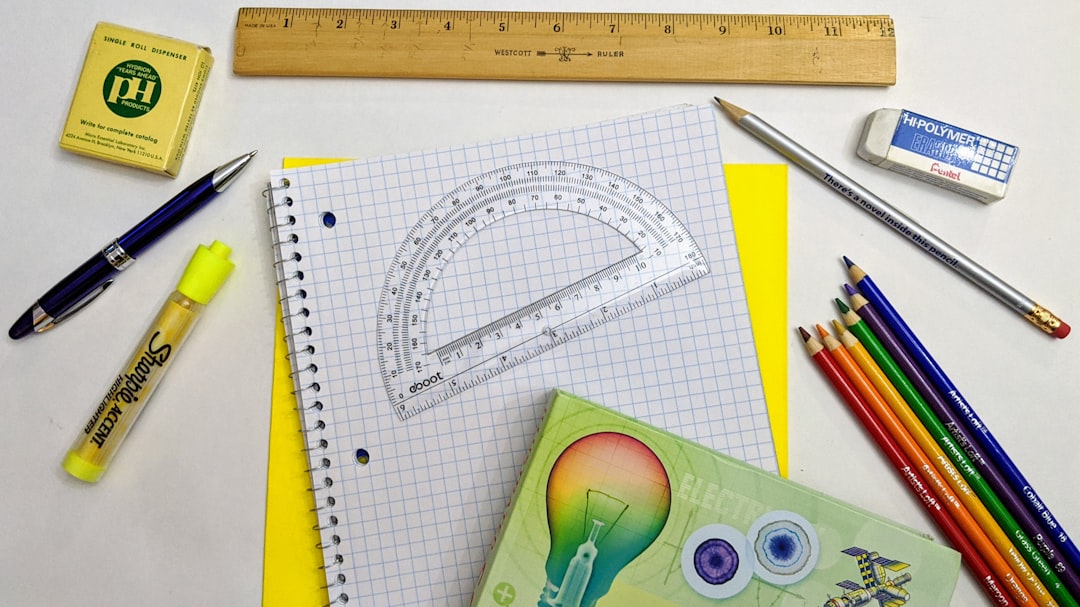In the realm of intellectual measurement, the specter of IQ test bias has long cast a shadow over the accuracy and fairness of these assessments. Recognizing the critical implications this holds for individuals and societies at large, significant strides have been made to ensure fair IQ testing. This blog post delves into the intricacies of bias in intelligence testing, highlighting the efforts underway to promote test fairness.
Understanding IQ Test Bias
IQ tests aim to measure a person’s cognitive abilities and potential. However, critics argue that various forms of bias—cultural, socioeconomic, and educational—can skew results, leading to unfair advantages or disadvantages for certain groups. Historical examples and recent studies underscore the necessity of addressing these biases to uphold the integrity of IQ testing.
The Impact of Bias
Bias in intelligence testing can have far-reaching consequences, affecting educational opportunities, job prospects, and societal participation. Disparities in test design and administration can inadvertently favor individuals from specific backgrounds, undermining the tests’ objective of equitable assessment.
Strides Towards Fair IQ Testing
Revising Test Content and Structure
To combat bias, test developers have initiated comprehensive reviews of questions and formats. Efforts include removing culturally specific references and ensuring a broader representation of knowledge and skills. These modifications aim to level the playing field, making tests more inclusive and reflective of diverse abilities.
Implementing Adaptive Testing Techniques
Adaptive testing, where the difficulty of questions adjusts based on the test-taker’s responses, offers another avenue towards fairness. This approach minimizes cultural and educational biases, focusing instead on the individual’s inherent cognitive abilities.
Training and Awareness for Administrators
Enhancing the sensitivity and awareness of test administrators plays a crucial role in mitigating bias. Workshops and training programs emphasize the importance of neutral test environments and the avoidance of unintentional cues that could influence performance.
Case Studies and Successes
Notable successes in reducing IQ test bias provide hope and a framework for ongoing efforts. For instance, the revision of a widely used intelligence test in the early 2000s resulted in a more equitable assessment across different demographic groups, as evidenced by narrowed score gaps and improved predictive validity.
The Path Forward
While progress has been made, the quest for completely unbiased IQ testing continues. Ongoing research, technological advancements, and a commitment to fairness are essential to further refine these crucial assessments.
Encouraging Broader Perspectives
Experts advocate for a holistic view of intelligence, suggesting that IQ tests should be one of multiple tools used to assess cognitive abilities. Incorporating assessments of emotional, social, and practical intelligence could provide a more rounded understanding of an individual’s capabilities.
The Role of Technology
Artificial intelligence and machine learning offer promising avenues for reducing bias in test design and administration. By analyzing vast datasets, these technologies can help identify and eliminate elements that contribute to unfair assessments.
Conclusion
The efforts to address IQ test bias and promote fair IQ testing underscore a commitment to equity and integrity in intelligence assessment. By continuing to refine tests, train administrators, and embrace a more inclusive approach, the goal of truly fair and accurate testing is within reach. This journey towards test fairness is not only a technical challenge but a moral imperative, ensuring that every individual has the opportunity to realize their potential.
As we move forward, the lessons learned and the strategies developed will undoubtedly have broader implications, influencing how we measure and understand intelligence in all its forms. The pursuit of fairness in IQ testing is a testament to the evolving understanding of human potential and the universal desire for justice and equality.


